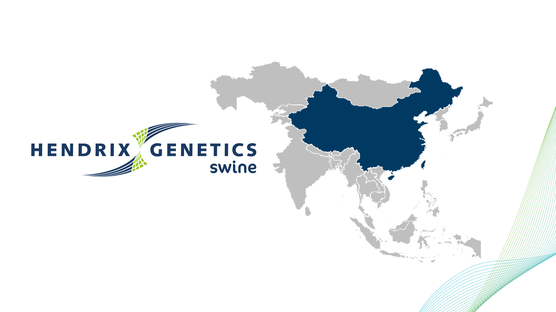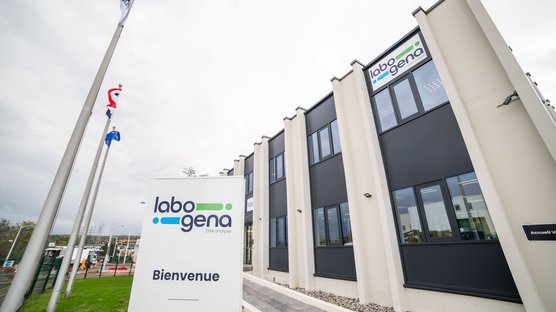
Published on March 1, 2018
Troutlodge improves resistance to Bacterial Cold Water Disease using Genomic selection
Recent disease challenges performed by Troutlodge in cooperation with the USDA show fantastic results for genomic selection.
Genomic selection is able to select trout with 94% lower mortality compared to the unselected population. In contrast, conventional BLUP family selection was only able to select trout with a 13% lower mortality.
Since 2015, Troutlodge has been applying genomic selection in its breeding program to improve resistance to Bacterial Cold Water Disease (BCWD) in rainbow trout (Rainbow trout fry syndrome). BCWD is an enormous problem for the global trout industry, responsible for large economic losses caused by mortality of up to 85% in severe outbreaks. Troutlodge continuously uses dedicated intensive disease challenges to screen and improve its trout stock performance.
Analysis of the population that was screened for resistance to BCWD showed that genomic selection methodology was able to select trout with 94% lower mortality compared to the unselected population. In contrast, conventional BLUP family selection was only able to select trout with a 13% lower mortality.
Conventional BLUP family selection for disease resistance uses mean family performance to rank individuals. Here, every breeding candidate from the same family gets the same mean breeding value. However, in reality, even within families there are genetically better and worse animals. Genomic selection incorporates information from the genomic profile (genes*) for each animal. This allows us to capture genetic differences within families and is much more accurate for selection.
Beyond QTL’s
Analysis of the genomic sequence data also revealed six quantitative traits (QTL) together, explaining over 60% of the genetic variation in the challenge study. The presence of the six QTL’s points out that there are some major genes explaining a large part (60%) of the resistance to this disease, but that it is very likely that more “smaller” genes are playing an important role. To explain the remaining part of the genetic variation (40%), not explained by the QTL’s, and to calculate more accurate “genomic” breeding values, genomic selection should be used. These results show the effectiveness of genomic selection.

Innovation
Troutlodge benefits from being part of Hendrix Genetics, a world leader in animal breeding with a large multi-species portfolio. Through Hendrix Genetics, Troutlodge has more access to both monetary and scientific capital; as well as it gains the ability to access expert knowledge in techniques like genomic selection, which is well studied in other species. All these factors create better products for the global trout production chain. For more information on ordering BCWD resistant strains, contact us.
*Note: with genomic selection, we use the fact that many genes in the DNA are coding for an effect on a trait. Whilst we expect a small number of genes to have a significant effect and the effect of most genes to be zero, the great power of Genomic Selection is derived from the large number of genes whose effects, though tiny, are not zero. It is these many thousands of tiny effects that combined add up to a very significant effect. A genomic estimated breeding value (GEBV) for a particular animal in this context is the calculated sum of all these effects. Incorporating information on the genomic profile allows us to more accurately predict an animals’ breeding value, beyond just the use of QTLs.



